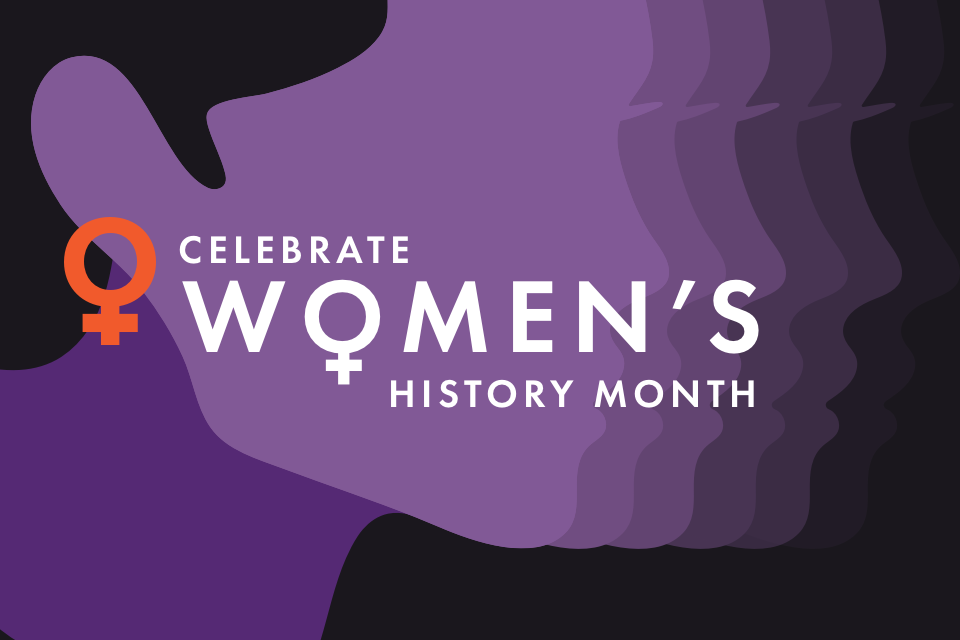Each year, from February 1st through March 1st, we celebrate Black History Month, a time to honor and acknowledge the rich cultural heritage and monumental contributions of African Americans. This month also serves as a powerful reminder of Black resilience and triumphs in the face of adversity and the ongoing journey toward full equality and recognition in America. This observance is also recognized in other countries, such as Canada and the United Kingdom (dates may vary).
The celebration of black history began in 1915 when historian Carter G. Woodson, concerned about the lack of information on the accomplishments and contributions of African Americans, initiated a concerted effort to highlight their history.
The ASALH’s mission was to enhance public understanding, teach, promote research, and preserve the rich history and contributions of African Americans.
Woodson chose the month of February to commemorate the birthdays of both Abraham Lincoln (who served as President during the Civil War) and Frederick Douglass (who dedicated his life as an abolitionist). Woodson viewed the timing and tribute to these men as an opportunity to help encourage Americans to study black history further, and his vision was to use education as a tool for racial uplift and empowerment.
In 1976, as part of the United States Bicentennial, the expansion of Negro History Week to Black History Month was officially recognized, acknowledging the growing awareness and importance of black history.
This Black History Month, we invite our community members to engage in a comprehensive exploration of Black history, transcending beyond the narrative of struggle. It’s an opportunity to delve into the rich tapestry of the past, including the challenges faced, while celebrating the significant contributions of Black Americans to various fields over the last two centuries. From advancements in technology and science to notable achievements in government, the arts, entertainment, and sports, this month is a time to appreciate and educate ourselves about the multifaceted impact of Black culture on American society.
Discover how you can further your understanding and celebrate Black Culture:
-
Attend community events or lectures focusing on black history and contemporary issues
-
Visit the many museums and landmarks in the greater Washington DC area that help commemorate and share black stories and history. The Smithsonian National Museum of African American History and Culture, the Smithsonian National Museum of African Art, the Martin Luther King Jr. Memorial, the African American Civil War Memorial & Museum, and The Black Heritage Museum of Arlington are all free and open to the community.
-
Enjoy a soulful new recipe that honors black history and learn about its origins
-
Support a Black-owned business
-
Watch a documentary on black culture or watch a movie with lead Black representation
-
Explore new musical artists
-
Read books by black authors
- If you can, donate in support of a charity that promotes the ideals of Black History Month (such as the NAACP, Little Lights, or Good Projects) or volunteer at a local organization
Let’s continue to celebrate and educate ourselves about Black history and achievements, not just in February, but all year round, recognizing the rich cultural heritage and invaluable contributions that have shaped our society.








